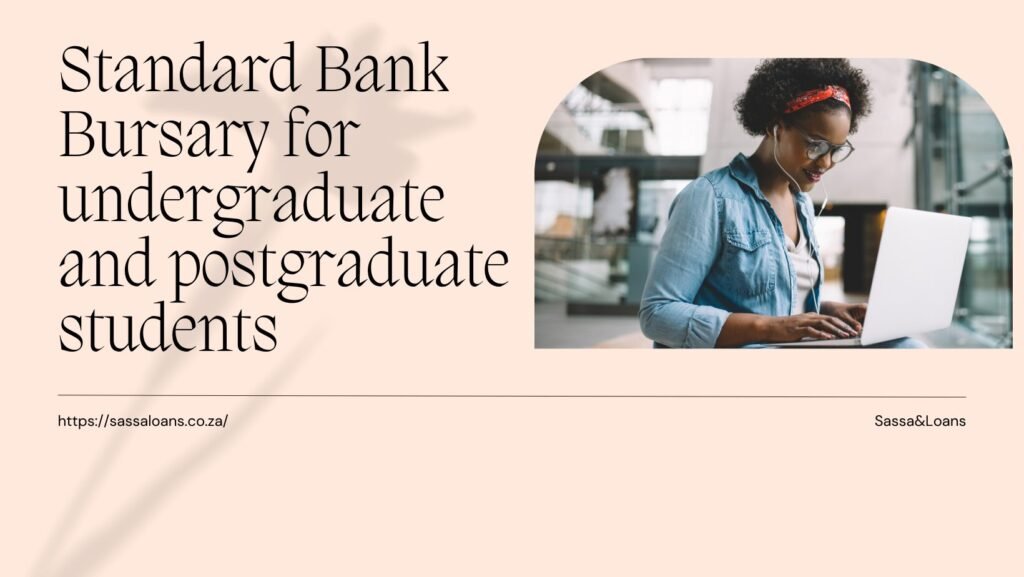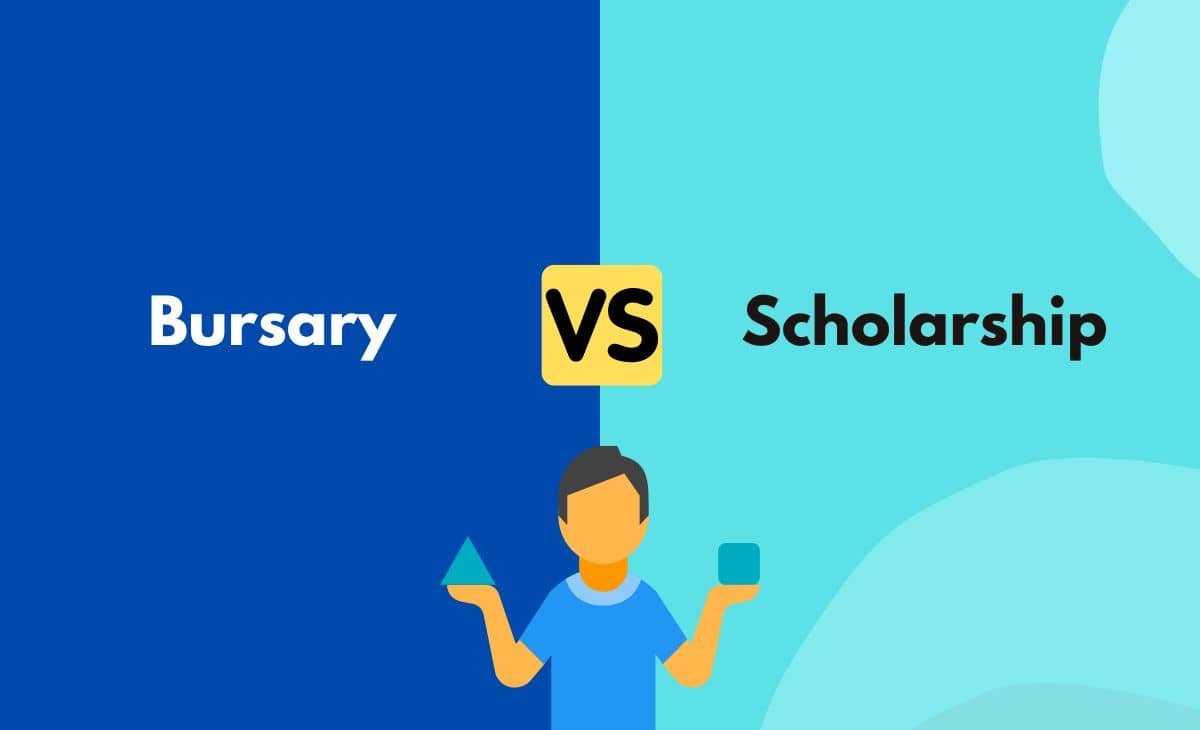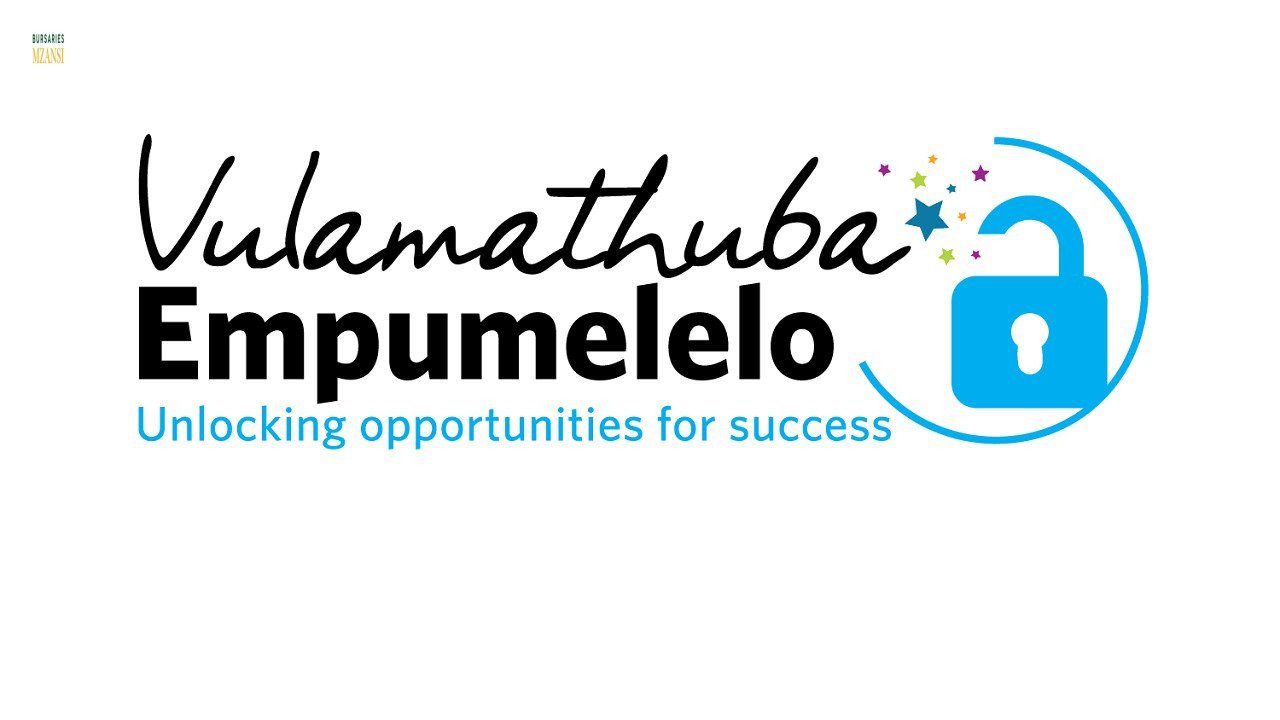Getting a tertiary education in South Africa can be expensive , often too costly for many families. Yet, a degree or diploma is still one of the most powerful ways to unlock career opportunities in fields such as Engineering, Accounting, Law, Medicine, Teaching, and Science.
The good news? If you can’t afford university fees, there are several funding options in South Africa that can make your studies free or more affordable. Let’s break down the main ways students can access free education.
1. Bursaries
One of the most common ways to study for free is through bursaries. These are financial awards given to students by:
- Private companies
- Government departments
- Universities and colleges
Bursaries are usually awarded based on academic performance, financial need, or sometimes both.
What do bursaries cover?
While each bursary differs, many cover:
- Tuition fees
- Registration and examination fees
- Prescribed textbooks and study materials
- Accommodation and meals
- Travel allowances
- In some cases, even laptops
📌 Many bursary providers also offer mentorship, vacation work, and graduate employment opportunities. However, keep in mind that most bursaries come with a work-back agreement — meaning you’ll work for the funder once you graduate.
👉 Find open bursaries here: SA Bursaries – Apply Online
2. NSFAS (National Student Financial Aid Scheme)
The NSFAS is a government-run student funding scheme, managed by the Department of Higher Education and Training (DHET). It provides financial support for students at public universities and TVET colleges.
What does NSFAS cover?
- Accommodation
- Transport
- Book allowances
- Living allowance
- Personal care/incidental allowance
Who qualifies for NSFAS?
To apply, students must:
- Be a South African citizen
- Prove financial need (SASSA recipients automatically qualify)
- Have applied or intend to apply to a public university or TVET college
- Maintain a good academic record
3. University Financial Aid and Private Scholarships
Many South African universities have their own financial aid programmes and scholarships. These awards are usually faculty-specific and can be based on academic excellence, leadership qualities, or financial need.
Each university sets its own requirements, so it’s best to visit the university website or contact the financial aid office directly for details.
4. Crowdfunding
Platforms like Feenix and BackaBuddy are becoming popular for students struggling with outstanding fees.
Feenix Requirements:
- Must be a South African citizen, permanent resident, refugee, or asylum seeker
- Must be registered at a public university
- Must have current or historical university debt
- Combined household income should be under R600,000 per year
Crowdfunding gives students the opportunity to share their stories and raise funds from individuals, communities, or organizations.
5. Student Loans (Last Resort Option)
If bursaries, NSFAS, or crowdfunding don’t work out, a student loan is another option. Loans are typically offered by major South African banks such as:
Most loans require a parent or guardian as surety and repayment with interest after graduation. While not free, loans can still make education more accessible.
Final Thoughts
Free education in South Africa is possible — but it usually depends on where you apply and your personal circumstances. Between bursaries, NSFAS funding, university aid, and crowdfunding, students today have more opportunities than ever before to get a degree without drowning in debt.
If you’re serious about your studies, start applying early, gather all the required documents, and don’t be afraid to explore multiple funding options.














